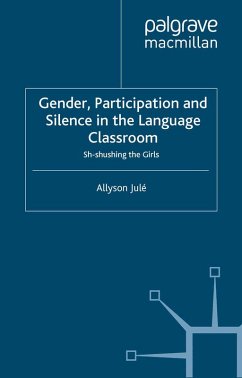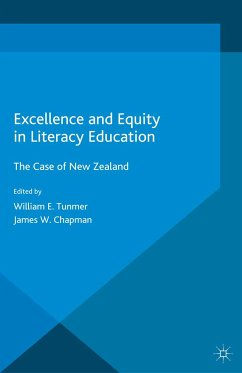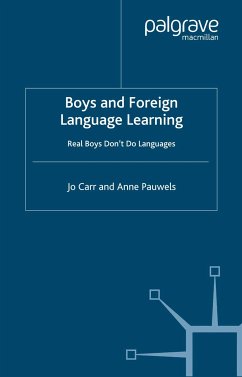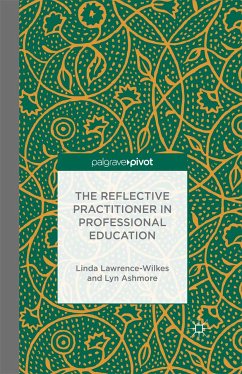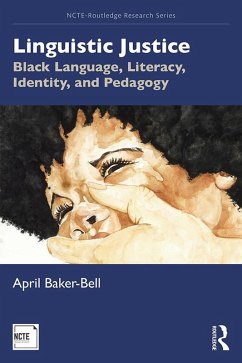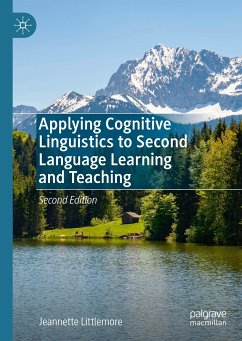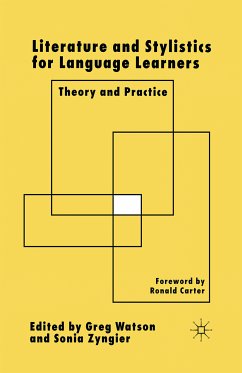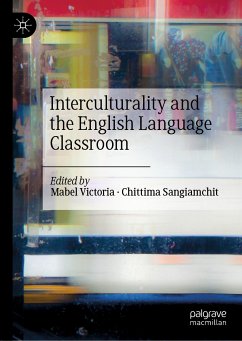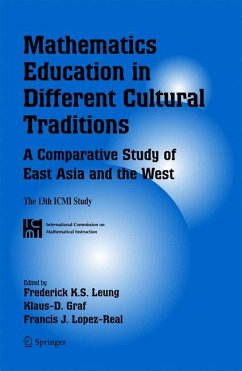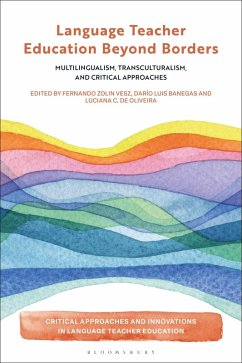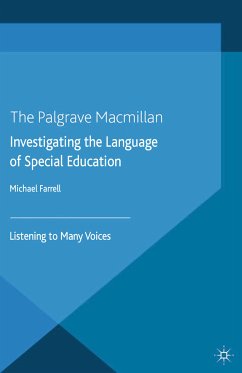
Investigating the Language of Special Education (eBook, PDF)
Listening to Many Voices
Versandkostenfrei!
Sofort per Download lieferbar
40,95 €
inkl. MwSt.
Weitere Ausgaben:

PAYBACK Punkte
20 °P sammeln!
Utilising a wide range of theoretical traditions from philosophy, sociology and anthropology, this book aims to raise the reader's awareness of the power as well as the limitations of language in relation to special education.
Dieser Download kann aus rechtlichen Gründen nur mit Rechnungsadresse in A, B, BG, CY, CZ, D, DK, EW, E, FIN, F, GR, HR, H, IRL, I, LT, L, LR, M, NL, PL, P, R, S, SLO, SK ausgeliefert werden.



